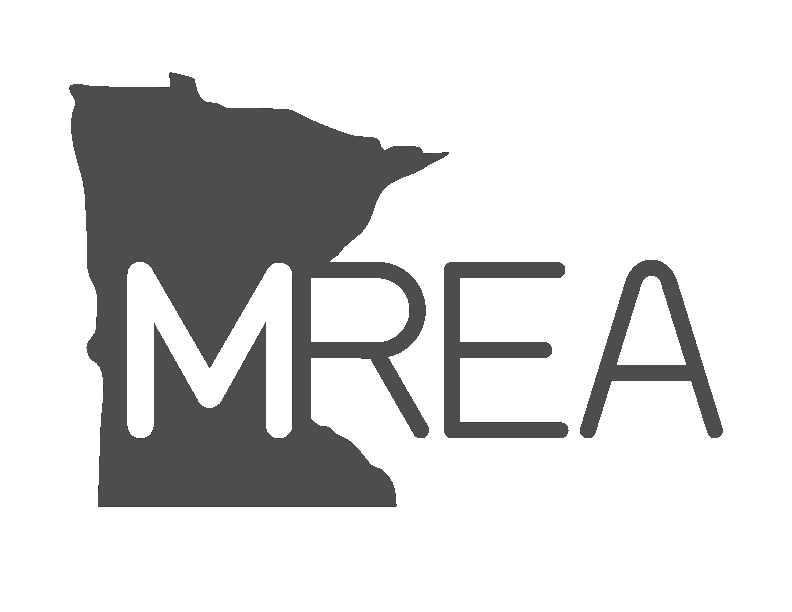Full DFL control of Minnesota’s House, Senate and Governor’s office in this upcoming legislative session paves the way for streamlined policy on several issues, including 100% clean energy legislation.
This legislation has been proposed in years past, and we are confident we will see it again early in Minnesota’s legislative session. In fact, House Speaker Melissa Hortman told MinnPost “We will probably require that utilities generate 100% of our electricity from renewable sources – clean carbon-free sources – by 2040. That will move pretty quickly […] I believe.”
MREA and our Minnesota cooperative members understand this policy direction for Minnesota and have already been moving toward that goal as cost-effectively and realistically as possible over the last several years. We want to be part of outlining the 100% clean energy legislation and are hoping legislators meet us halfway.
Previous versions of proposed legislation for 100% clean energy were very restrictive and prescriptive. For example, requiring utilities to meet specific interim benchmarks and timelines in their clean energy transition unnecessarily risks driving up costs and harming reliability.
These required mandates, we feel, are unnecessary. All of Minnesota’s electric utilities – cooperatives, municipals, and investor-owned – are making the transition to clean energy in ways that work for them. For example, Xcel Energy, Minnesota Power and Great River Energy collectively serve over 80 percent of Minnesota’s energy consumers. Each of these three entities is on track be about 80% carbon-free in their energy generation by 2030.
Minnesota’s 50 energy cooperatives work daily to meet one mission: safely provide reliable and affordable energy to their member-owners. Cooperatives support a clean energy future, but we are concerned that the previous versions of 100% clean energy policy proposals threaten electricity affordability and reliability for our members.
Affordability
Like everything else, the cost of energy continues to increase. Rural Minnesotans face an especially high energy burden – the cost of electricity relative to their income – that’s over 40 percent that of metro areas.
It is absolutely critical that policy makers based in metro areas comprehend this and do not pass policies that make it even more expensive to provide essential electric service in rural Minnesota. People’s lives depend on our member cooperatives’ ability to meet their mission of providing affordable and reliable electricity.
Reliability
Likewise, the ability for energy generation facilities to provide reliable clean energy is challenging today. The North American Electric Reliability Corporation (NERC) and Midcontinent Independent System Operator (MISO) have both warned of generation shortfalls and potential rolling blackouts into the next few years. They are predicting Minnesota, as well as the entire Midwest, will have less power supply than our region needs.
“More extreme temperatures, higher generation outages, or low wind conditions expose the MISO North and Central areas to higher risk of temporary operator-initiated load shedding to maintain system reliability,” NERC stated in its 2022 Summer Reliability report.
As energy generation and transmission (G&T) facilities continue to retire generation fuels to meet required mandates, it is important to remember that these fuels – specifically coal and natural gas – still serve a big role in producing the electricity Minnesota consumers rely upon daily.
“The fastest way to a low-carbon future is actually more gas not less in the short run,” MISO president Clair Moeller explained in an article published on E&E News, calling gas plants an “an insurance policy” for the future.
A Seat at the Table
MREA and Minnesota cooperatives are not fighting the clean energy direction of Minnesota. But we are resisting the aspects of 100% clean energy policy that will hurt 1.7 million cooperative members in the state. We want to have a seat at the table to provide our expertise on these energy decisions that will greatly impact energy consumers throughout Minnesota.
What do we need? We need flexibility in implementing 100% clean energy. We also need the ability to access a broad suit of energy generation technologies and fuels to decarbonize. We’re calling this “All Tech on Deck.”
“All Tech on Deck”: Policies to reduce carbon emissions should encourage a broad suite of technologies and fuels, and not simply focus on wind, solar and batteries. Nuclear generation, large hydropower, carbon-capture and sequestration, and hydrogen should all be designated as clean energy resources. Large hydropower specifically should be specified as a renewable resource.
We are calling on our legislators to hear these concerns of Minnesota cooperatives, and therefore, the concerns of nearly two million energy consumers around the state. Let us be a part of the conversation and help to move Minnesota to a clean energy future while keeping electricity reliable and affordable for all.
We realize a bill has already been proposed in the legislature and we are working on a follow-up to this blog with further details specific to the proposed legislation. However, our messages remain the same: Affordability and reliability must be kept top-of-mind when determining Minnesota’s clean energy future.
